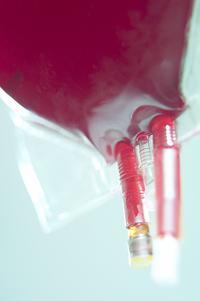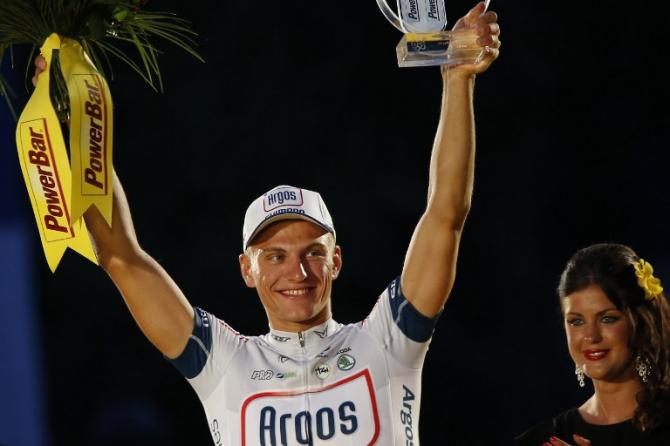CAS rules UV light blood treatments in Germany were not doping
Kittel identified himself as having undergone treatments in 2007 and 2008


Marcel Kittel received more good news the day after winning the closing Tour de France stage on the Champs Elysees, as the Court of Arbitraiton for Sport ruled that the black light blood treatments he and other athletes underwent in 2007 and 2008 could not be considered doping.
The German National Anti Doping Agency had opened proceedings against an unnamed cyclist, charging that the treatments were blood doping. The German sports court ruled last fall that the method of removing blood, treating it with ultraviolet light and then re-infusing it, did not violate rules in effect at the time, as it has been specifically banned only since January, 2012. The NADA took that decision to the CAS.
Although the cyclist in question was not named publicly, it was widely considered to be Marcel Kittel, now with Argos-Shimano and the winner of four stages at the recently-ended Tour de France. German television identified him as the rider and he told Cyclingnews that he underwent the treatment “a few times” while training as an 18-year-old at the Erfurt, Germany, Olympic training center.
The CAS decision has not yet been publicly released, but the NADA said that the court ruled that the procedure could not be considered a forbidden method under the WADA rules in effect at the time.
According to the CAS, the WADA forbids blood manipulation only when it serves to increase oxygen transfer, an effect which is not proven in this case, and therefore does not meet the requirements for a forbidden method.
The CAS also ruled that the athlete involved did not act negligently or deliberately.
Get The Leadout Newsletter
The latest race content, interviews, features, reviews and expert buying guides, direct to your inbox!